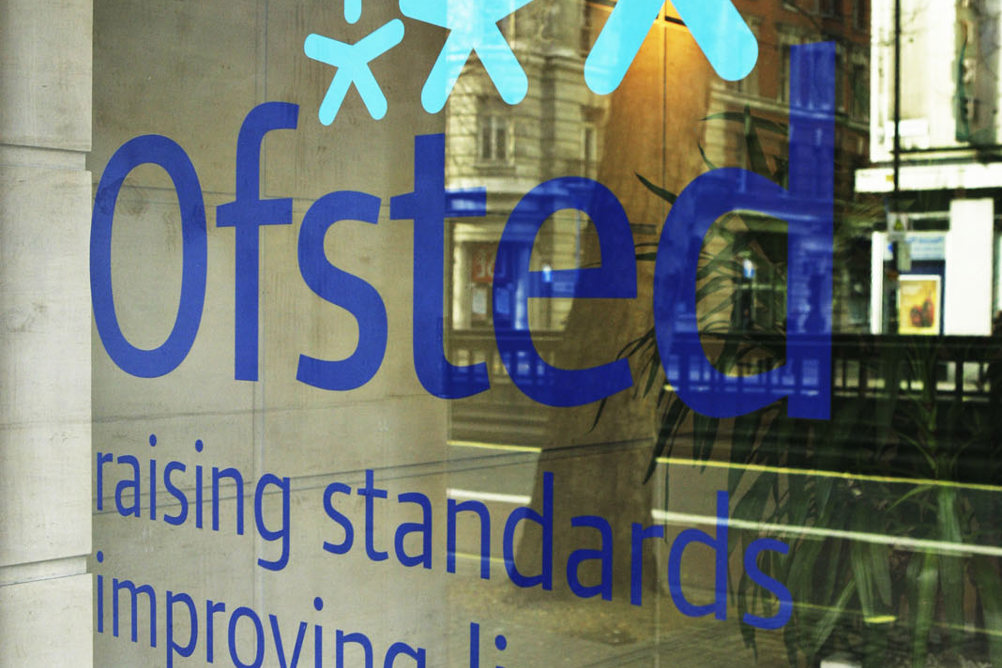
An inspection report by Ofsted and health watchdog the Care Quality Commission, based on a visit to Hull SEND services in October, reveals evidence of poor strategic leadership, too little involvement of families in decision-making, poor self-evaluation and a lack of an effective strategy to jointly commission services.
Both Hull City Council and NHS Hull Clinical Commissioning Group (CCG) have been tasked with submitting an action plan to Ofsted to tackle failings identified in the report.
Outlining their concerns in a letter to the council and the CCG, inspectors said their weak strategy had been a barrier to the effective implementation of the disability and special educational needs reforms in Hull as set out in the Children and Families Act 2014.
"As a result, the reforms have had too little impact on the local area's arrangements for identifying, assessing and meeting the needs of children and young people who have SEN and or disabilities. This is unacceptable," the letter said.
Among the main findings included in the report were indicators that young people's needs were not being met due to increasing rates of fixed-term and permanent exclusion for SEND children and young people.
Inspectors also found increasing levels of absence and persistent absence, a year-on-year increase in the number of SEND children electively home educated and a rise in appeals to the Special Educational Needs and Disability Tribunal.
"Local leaders cannot be sure that they are commissioning the right services for children, young people and families. This is because there is no detailed or comprehensive analysis of children, young people and families' needs," the inspectors' letter said.
The report praised some education, health and social care services which were commissioned in response to children and young people's identified needs.
However, inspectors said there is no "robust strategy" for jointly commissioning services across education, health and social care in Hull.
"This significant weakness has a profound impact on the effectiveness of the local area in improving outcomes for children and young people who have SEN and or disabilities," the letter states.
Register Now to Continue Reading
Thank you for visiting Children & Young People Now and making use of our archive of more than 60,000 expert features, topics hubs, case studies and policy updates. Why not register today and enjoy the following great benefits:
What's Included
-
Free access to 4 subscriber-only articles per month
-
Email newsletter providing advice and guidance across the sector
Already have an account? Sign in here

